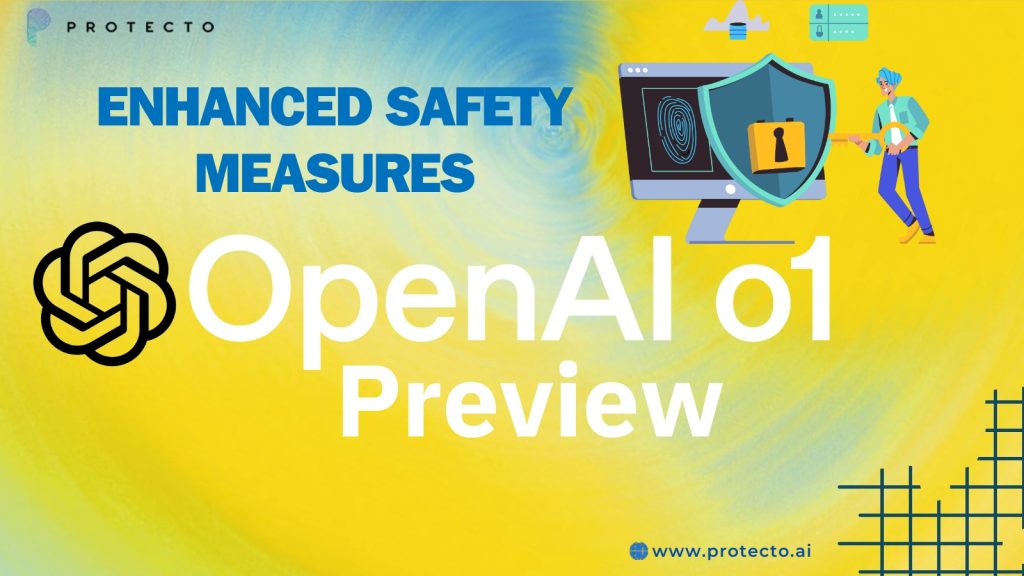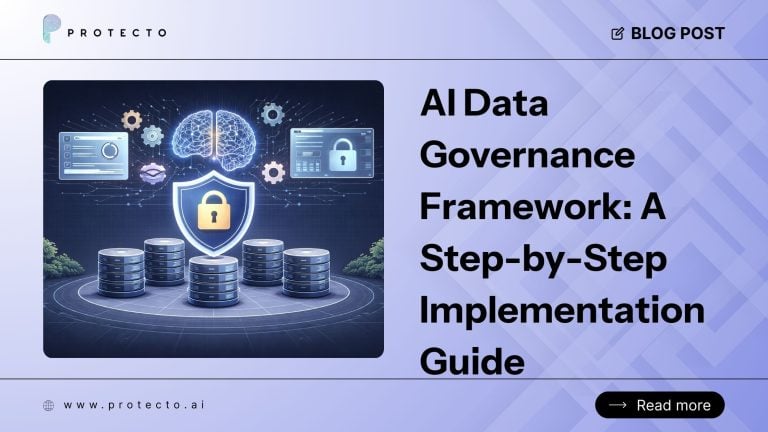OpenAI has introduced a new series of AI models focused on complex reasoning to tackle intricate problems in science, math, and coding. These models represent a shift in AI design, where more emphasis is placed on allowing the model to “think” for longer before responding. The result is an AI that can handle more challenging tasks more accurately.
The first model in this series, OpenAI o1-preview, is now available through ChatGPT and the API. This release is part of a broader strategy to roll out models better suited for complex reasoning tasks. It marks a significant milestone in AI development, as the model demonstrates remarkable advancements in scientific, mathematical, and programming tasks.
Advanced Reasoning Abilities
Unlike its predecessors, the o1-preview model has been trained to spend more time reasoning through problems. This enables it to evaluate multiple strategies, recognize potential mistakes, and refine its approach in real-time. In internal testing, the next model in the series performed impressively on challenging academic benchmarks, often matching the capabilities of PhD students. The model excelled in subjects like physics, chemistry, and biology.
The o1-preview model also showed significant improvement in solving math problems. In an International Mathematics Olympiad (IMO) qualifier, OpenAI’s previous model, GPT-4o, solved only 13% of the issues. However, the new o1-preview model successfully solved 83% of them. The model’s coding abilities were tested in Codeforces competitions, where it scored in the 89th percentile, a massive leap in performance compared to previous models.
Enhanced Safety Measures

OpenAI has integrated enhanced safety protocols into the o1-preview model, reflecting the company’s commitment to responsible AI development. These new safety measures ensure the model adheres to ethical guidelines more effectively by leveraging its reasoning abilities. For example, during tests designed to bypass the model’s safety rules—known as “jailbreaking”—the o1-preview model achieved a high compliance score, significantly outperforming previous models.
OpenAI has also strengthened its internal governance structures and safety protocols. This includes collaborations with U.S. and U.K. AI safety institutes, who now have early access to research versions of the o1 model. These partnerships are expected to contribute to the development of safer AI systems by allowing external testing and evaluation before future models are released to the public.
Applications and Target Audience
The o1-preview model is particularly well-suited for professionals working on complex science, coding, and math tasks. For instance, healthcare researchers can use it to annotate cell sequencing data, physicists can rely on it to generate formulas for quantum optics, and developers can leverage it to build and execute intricate workflows. Its reasoning abilities make it a valuable tool for any field that requires in-depth problem-solving.
To further meet developers’ needs, OpenAI has also released OpenAI o1-mini, a smaller and more cost-effective version of the o1-preview model. The o1-mini is 80% cheaper than its larger counterpart and is optimized explicitly for generating and debugging complex code. While it lacks some of the broader world knowledge of the o1-preview model, it remains a powerful option for applications that require accurate reasoning at a lower cost.
Availability and Access
Starting today, ChatGPT Plus and Team users can access both the o1-preview and o1-mini models through the model picker in ChatGPT. Rate limits are set at 50 queries per week for o1-preview and 50 queries per day for o1-mini, although OpenAI is working to increase these limits shortly. ChatGPT Enterprise and Edu users will also gain access to these models next week.
Developers who qualify for API usage tier 5 can begin testing both models through the API. However, the API for these models currently lacks certain features like function calling and streaming, though these may be added in future updates.
OpenAI has also expressed plans to make the o1-mini model available to ChatGPT Free users in the future, broadening access to its advanced reasoning capabilities.
Future Developments
This release is only the beginning of OpenAI’s new reasoning model series. In the coming months, OpenAI plans to introduce additional updates to the o1 series, including features like browsing, file and image uploading, and more. These updates aim to make the models more versatile and valuable to a broader audience.
In addition to the OpenAI o1 series, the company will continue to develop its GPT model line, ensuring that users have access to the latest advancements in AI technology. Introducing these reasoning models is a clear signal of OpenAI’s intent to push the boundaries of AI in terms of capability, safety, and real-world applicability.
OpenAI Launches New Academy to Support AI Innovation in Low- and Middle-Income Countries
OpenAI has announced the launch of the OpenAI Academy, a new initiative to foster innovation by investing in developers and organizations working with artificial intelligence (AI). The Academy’s primary goal is to support these groups as they tackle critical challenges in their communities, particularly in low- and middle-income countries. Through this program, OpenAI aims to ensure that the transformative power of AI is accessible and beneficial to diverse communities around the globe, helping to drive sustainable development and economic growth.
Empowering Local Innovators with AI
Many countries, especially those with growing technology sectors, have talented developers and forward-thinking organizations working on community challenges. However, these regions often face limited access to advanced AI training, technical resources, and infrastructure. By providing these critical tools and guidance, OpenAI hopes to unlock the potential of local talent and enable them to make significant contributions across various sectors such as healthcare, agriculture, education, and finance.
The OpenAI Academy will offer developers and mission-driven organizations the resources to leverage AI to create impactful solutions. Participants will gain access to state-of-the-art AI tools and benefit from training and support provided by OpenAI experts. This will help developers enhance their technical skills, improve AI applications, and address real-world problems in their communities.
Academy Offerings: Training, API Credits, and Community Support
OpenAI is committing significant resources to the Academy to help these innovators succeed. Key components of the program include:
- Training and Technical Guidance: Participants will receive expert support from OpenAI, helping them use AI effectively to solve complex problems.
- API Credits: OpenAI is distributing an initial $1 million in API credits to ensure developers and organizations can access OpenAI models and integrate them into their applications. This will lower barriers to entry and make AI development more accessible.
- Community Building: The Academy will foster a global network of developers to share knowledge, collaborate on projects, and drive collective innovation. This will create a supportive environment for participants to learn from each other and develop new AI applications.
- Contests and Incubators: The Academy plans to partner with philanthropists to create contests and incubators that will further invest in organizations on the front lines of their communities. These contests will reward organizations developing AI-driven solutions that address pressing local challenges.
By creating a platform for collaboration and growth, OpenAI aims to amplify the impact of AI on a global scale. The Academy seeks to ensure that the benefits of AI are not confined to specific regions but spread widely, particularly to areas that need them most.
Success Stories and Global Impact
OpenAI has already seen success in supporting AI developers and organizations focused on social good. For example, KOBI, a winner of the OpenAI prize at The Tools Competition, developed an AI-based tool to help students with dyslexia learn to read. Similarly, I-Stem, a turn.io Chat for Impact contest winner, uses AI to make inaccessible content more available for blind and low-vision communities in India. OpenAI provided these organizations with API credits and technical support, allowing them to scale their projects and continue making a positive impact.
These examples highlight how AI can address global challenges, from improving education to enhancing accessibility for marginalized communities. The OpenAI Academy aims to build on these successes by expanding support to a broader global pool of developers and organizations.
Expanding Language Access for AI Development
To further democratize AI, OpenAI has also worked to ensure that AI resources are available in multiple languages. The company recently funded and published a professional translation of the Massive Multitask Language Understanding (MMLU) benchmark into 14 languages, including Arabic, Bengali, Hindi, Swahili, and Yoruba. This effort aims to broaden access to AI technology by allowing more people to use it in their native languages.
A Step Toward Global AI Inclusivity
OpenAI’s new initiative is a significant step toward making AI development more inclusive. It ensures that those who understand the unique cultures and challenges of their regions can tailor AI applications to meet local needs. By supporting developers and organizations across diverse regions, OpenAI hopes to bring the benefits of AI to a broader audience, enabling communities worldwide to leverage technology for economic growth and problem-solving.
The OpenAI Academy is poised to empower innovators around the globe, helping them harness AI to tackle some of the world’s most pressing challenges while creating new opportunities for sustainable development and technological advancement.




